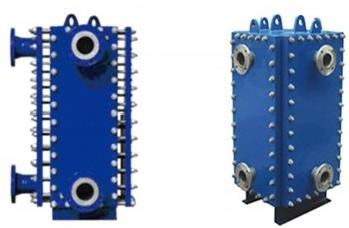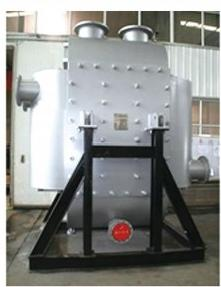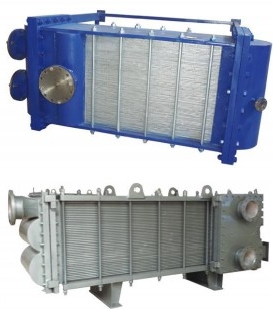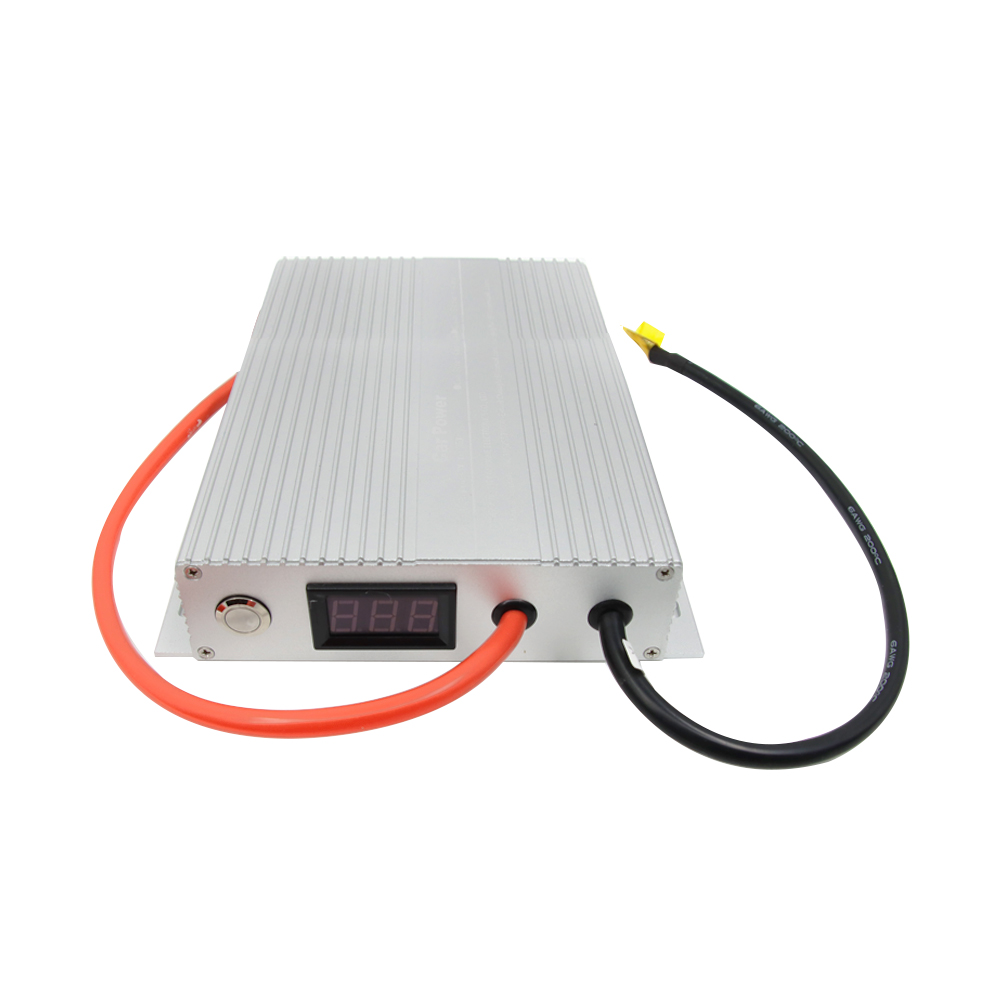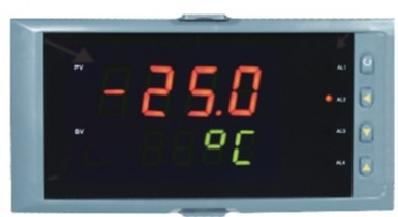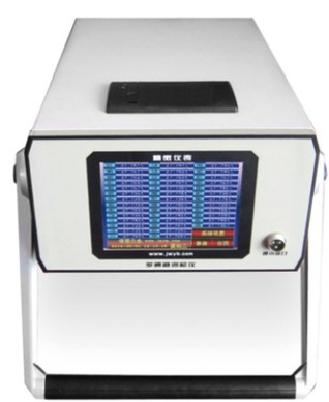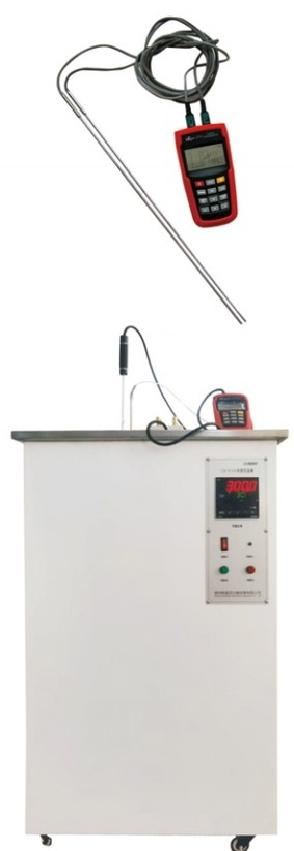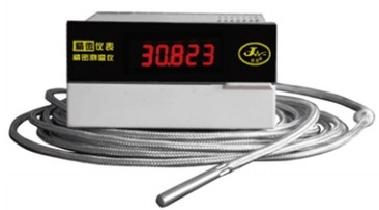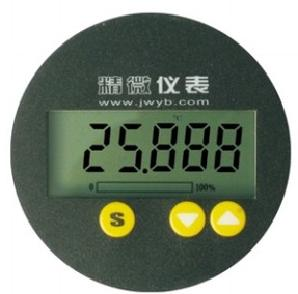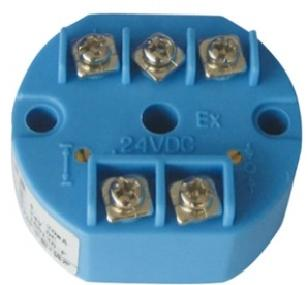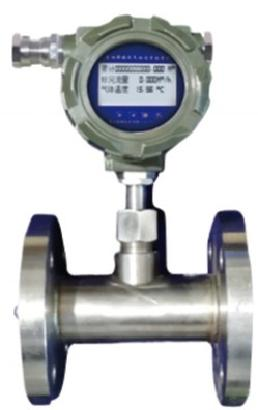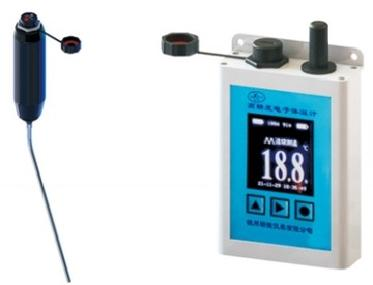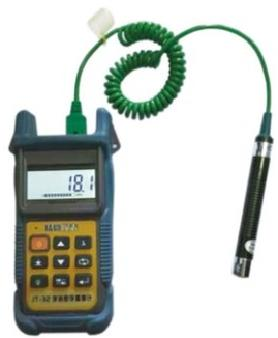Wedoany.com Report-Nov 27, Australian bioenergy developer Jet Zero has received strong government backing for its proposed Project Ulysses, an alcohol-to-jet sustainable aviation fuel (SAF) project in the northern Queensland state city of Townsville. Argus spoke to chief executive Ed Mason on the sidelines of the Townsville Summit on 27 November about the project's initial engineering. Edited highlights follow:
Regarding the proposed 102mn l/yr refinery here in Townsville, what are some of the initial engineering study findings?
So with front-end engineering and design (FEED), what we're doing is value engineering, which you typically do at the end of FEED, we're doing it at the front because we've seen so many opportunities to improve on the reference project design in Georgia, US — they're just basically lessons learned from what LanzaJet have seen, as well as what we've identified as opportunities to eliminate, reduce, simplify costs. We've got hydroprocessed esters and fatty acids (HEFA), that's the kind of space rocket that can get you to the moon, we've now got alcohol-to-jet commercialised, which is like the space shuttle — slightly better, which can do more. But we really need to see a SpaceX type of system where you can go up and down and make it more efficient, so it's making those technologies far more capital efficient and better, so that's what we're focused on.
Where are negotiations at with refiners Wilmar and Manildra, the two main producers of ethanol in Australia?
We basically have constructive discussions in particular with Wilmar, they have surplus capacity, they're vocal supporters of development of the ethanol market, as you know, for many years. We've got ample supply (183mn l/yr) and confidence about what we need for SAF and importantly, assisting that supplier getting that feedstock RSB and Corsia certified.
Looking at the regulatory situation at the moment, a low-carbon fuel standard. How critical is that to building a project like yours to final investment?
We made a submission on the [low-carbon liquid fuel paper]. We're advocating both supply and demand measures and were fairly aligned with the wider industry submission. We believe a modest mandate, 1-2pc, supports and is ahead of what the project pipeline is, so you're not putting a mandate that can't be achieved by the projects at our stage but that sends a strong signal, like other countries have already sent. Secondly, supply measures around financing like other types of mechanisms you've seen with Hydrogen Headstart, just to get the industry going.
How tight is the window for Australia to catch up with the rest of the world?
It's very tight. I think we've got to move in the next two years — there is a wall of demand from 2030 and these projects take five years to develop from start to finish. If we don't move in this in the next few years, we'll end up seeing the feedstock develop that market, but not the production of SAF and we'll lose out on those jobs.
A standard size plant has been proposed in Townsville, how much room do you have to grow that capacity in Townsville?
We'd very much like to be bigger if the market was there for ethanol. We've sized it at the minimum size that we feel can deliver commercial volumes of SAF at a price that's in line with benchmark, but the bigger you go, the bigger economies of scale you get. These are modules, we can increase and add another train to Townsville quite easily, so a huge opportunity to grow that.
